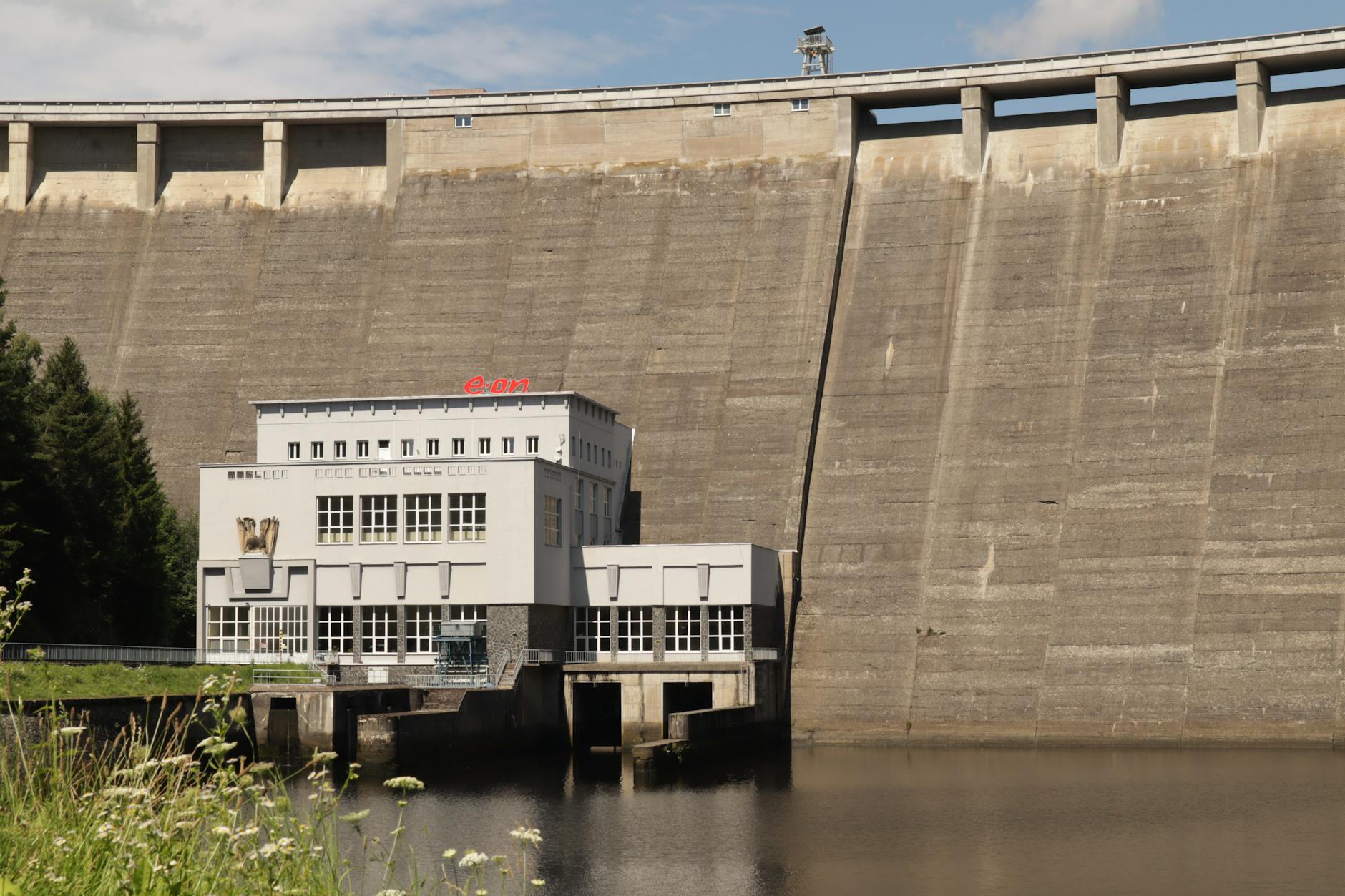- The Rise of Autonomous Fleets: A Game-Changer in Transport
- How Autonomous Fleets Are Transforming Transport Operations
- The Benefits of Adopting Autonomous Fleets
- Overcoming Challenges in Implementing Autonomous Fleets
- The Future of Transport: Embracing Autonomous Fleets
In today’s ever-evolving world, technology plays a pivotal role in shaping various industries, and the transportation sector is no exception. One of the most groundbreaking advancements in this field is the rise of autonomous fleets, which are revolutionizing the way goods and people are transported through the integration of cutting-edge technology. This article delves into how autonomous fleets are transforming transport operations, the benefits they offer, and the challenges that come with implementing this innovative solution.
The Rise of Autonomous Fleets: A Game-Changer in Transport
Autonomous fleets, also known as self-driving vehicles, refer to a group of vehicles that operate without human intervention. These fleets leverage advanced technologies such as artificial intelligence (AI), sensors, cameras, and intricate algorithms to navigate roads, make decisions, and interact with their surroundings. The concept of autonomous fleets has gained traction in recent years due to the potential to enhance efficiency, safety, and sustainability in the transportation industry.
How Autonomous Fleets Are Transforming Transport Operations
One of the primary ways autonomous fleets are revolutionizing transport is through increased efficiency. These vehicles can optimize routes, reduce idle time, and operate 24/7 without the need for breaks, leading to faster and more cost-effective transportation of goods and people. Moreover, the use of autonomous fleets can help alleviate traffic congestion by improving traffic flow and reducing the likelihood of accidents caused by human error.
Another significant impact of autonomous fleets is on safety. By eliminating the factor of human error, self-driving vehicles have the potential to significantly reduce the number of accidents on the road. Advanced sensors and AI algorithms enable these vehicles to detect and react to potential hazards faster and more accurately than human drivers, making transport operations safer for both passengers and pedestrians.
The Benefits of Adopting Autonomous Fleets
The adoption of autonomous fleets offers a myriad of benefits to businesses and society as a whole. Improved efficiency and reduced operational costs are some of the primary advantages for companies utilizing self-driving vehicles. By streamlining transport operations, businesses can save time and resources while increasing productivity.
Furthermore, autonomous fleets contribute to environmental sustainability by optimizing routes, reducing fuel consumption, and minimizing emissions. This eco-friendly approach not only helps combat climate change but also enhances the overall reputation of companies that prioritize sustainability in their operations.
Overcoming Challenges in Implementing Autonomous Fleets
While the prospects of autonomous fleets are promising, there are several challenges to overcome in their implementation. One of the main hurdles is the need for robust infrastructure to support the operation of self-driving vehicles. This includes the development of reliable communication networks, infrastructure for vehicle-to-vehicle (V2V) and vehicle-to-infrastructure (V2I) communication, as well as regulations to govern the use of autonomous fleets on public roads.
Additionally, concerns around data security and privacy present challenges in the widespread adoption of autonomous fleets. As these vehicles collect massive amounts of data to operate effectively, ensuring the protection of sensitive information from cyber threats and unauthorized access is a critical consideration for businesses and policymakers.
The Future of Transport: Embracing Autonomous Fleets
In conclusion, autonomous fleets represent a groundbreaking evolution in the transport industry, offering a myriad of benefits in terms of efficiency, safety, and sustainability. While challenges exist in the implementation of self-driving technology, continued advancements in AI, sensor technology, and infrastructure development are paving the way for a future where autonomous fleets become a mainstream mode of transport. By embracing this cutting-edge technology, businesses and society can unlock new opportunities and transform the way we move goods and people to create a more efficient and sustainable transport ecosystem.


